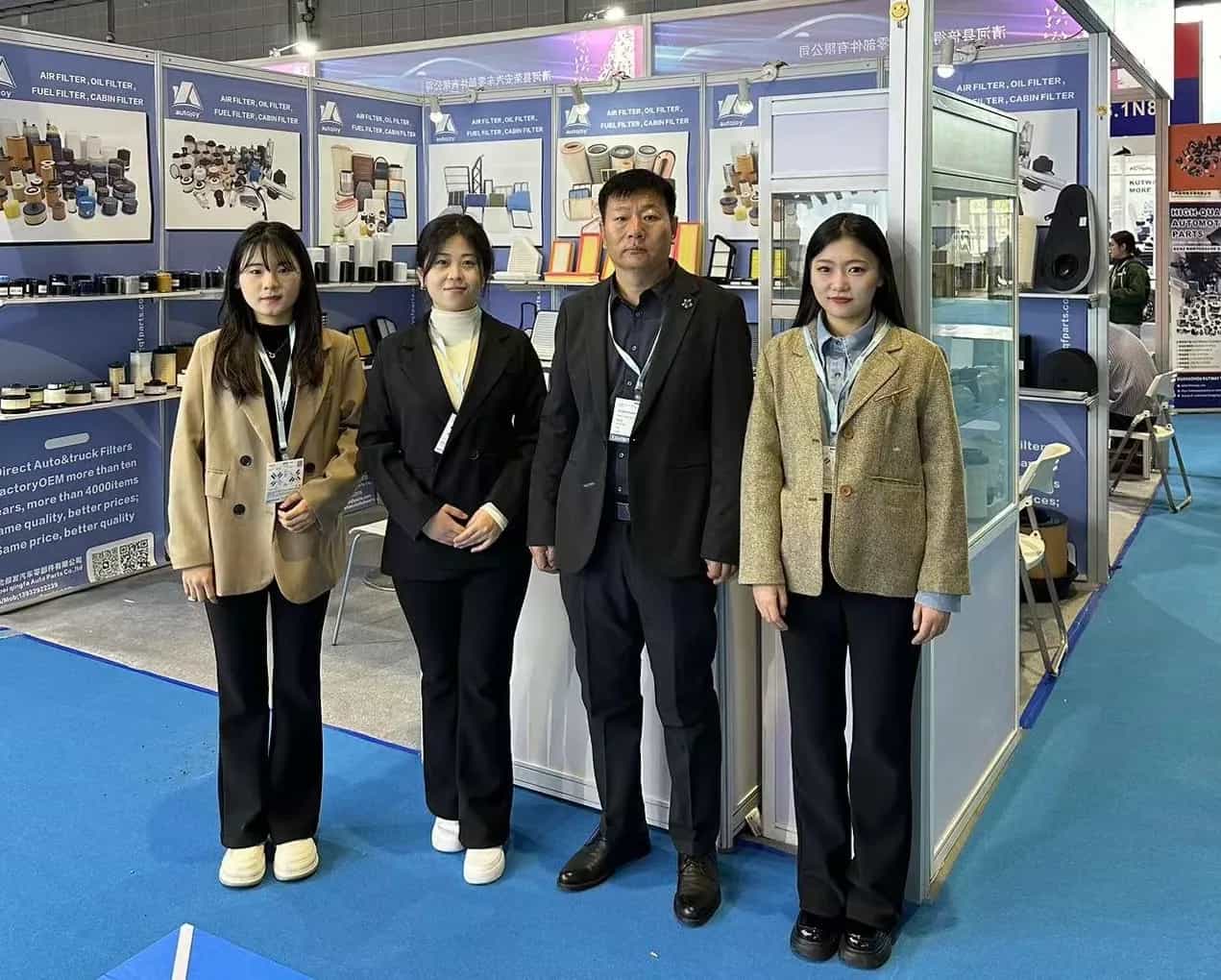
-
 Afrikaans
Afrikaans -
 Albanian
Albanian -
 Amharic
Amharic -
 Arabic
Arabic -
 Armenian
Armenian -
 Azerbaijani
Azerbaijani -
 Basque
Basque -
 Belarusian
Belarusian -
 Bengali
Bengali -
 Bosnian
Bosnian -
 Bulgarian
Bulgarian -
 Catalan
Catalan -
 Cebuano
Cebuano -
 Corsican
Corsican -
 Croatian
Croatian -
 Czech
Czech -
 Danish
Danish -
 Dutch
Dutch -
 English
English -
 Esperanto
Esperanto -
 Estonian
Estonian -
 Finnish
Finnish -
 French
French -
 Frisian
Frisian -
 Galician
Galician -
 Georgian
Georgian -
 German
German -
 Greek
Greek -
 Gujarati
Gujarati -
 Haitian Creole
Haitian Creole -
 hausa
hausa -
 hawaiian
hawaiian -
 Hebrew
Hebrew -
 Hindi
Hindi -
 Miao
Miao -
 Hungarian
Hungarian -
 Icelandic
Icelandic -
 igbo
igbo -
 Indonesian
Indonesian -
 irish
irish -
 Italian
Italian -
 Japanese
Japanese -
 Javanese
Javanese -
 Kannada
Kannada -
 kazakh
kazakh -
 Khmer
Khmer -
 Rwandese
Rwandese -
 Korean
Korean -
 Kurdish
Kurdish -
 Kyrgyz
Kyrgyz -
 Lao
Lao -
 Latin
Latin -
 Latvian
Latvian -
 Lithuanian
Lithuanian -
 Luxembourgish
Luxembourgish -
 Macedonian
Macedonian -
 Malgashi
Malgashi -
 Malay
Malay -
 Malayalam
Malayalam -
 Maltese
Maltese -
 Maori
Maori -
 Marathi
Marathi -
 Mongolian
Mongolian -
 Myanmar
Myanmar -
 Nepali
Nepali -
 Norwegian
Norwegian -
 Norwegian
Norwegian -
 Occitan
Occitan -
 Pashto
Pashto -
 Persian
Persian -
 Polish
Polish -
 Portuguese
Portuguese -
 Punjabi
Punjabi -
 Romanian
Romanian -
 Russian
Russian -
 Samoan
Samoan -
 Scottish Gaelic
Scottish Gaelic -
 Serbian
Serbian -
 Sesotho
Sesotho -
 Shona
Shona -
 Sindhi
Sindhi -
 Sinhala
Sinhala -
 Slovak
Slovak -
 Slovenian
Slovenian -
 Somali
Somali -
 Spanish
Spanish -
 Sundanese
Sundanese -
 Swahili
Swahili -
 Swedish
Swedish -
 Tagalog
Tagalog -
 Tajik
Tajik -
 Tamil
Tamil -
 Tatar
Tatar -
 Telugu
Telugu -
 Thai
Thai -
 Turkish
Turkish -
 Turkmen
Turkmen -
 Ukrainian
Ukrainian -
 Urdu
Urdu -
 Uighur
Uighur -
 Uzbek
Uzbek -
 Vietnamese
Vietnamese -
 Welsh
Welsh -
 Bantu
Bantu -
 Yiddish
Yiddish -
 Yoruba
Yoruba -
 Zulu
Zulu
Enhancing Precision in Upper Control Limits for Quality Management Systems
Understanding Precision and Upper Control Limits in Quality Control
In the realm of quality control, precision and upper control limits play pivotal roles in maintaining product integrity and ensuring consistent outputs. Precision refers to the degree to which repeated measurements yield the same results, reflecting the reliability of a process. High precision indicates that a process is capable of producing uniform results consistently, which is essential in industries where product uniformity is crucial, such as pharmaceuticals, food production, and manufacturing.
Understanding Precision and Upper Control Limits in Quality Control
Understanding and applying upper control limits involves several steps. First, historical data must be collected to determine the average (mean) performance of the process and the inherent variation. Using this data, statistical formulas calculate the UCL, based on standard deviations. Monitoring the process in real-time against these control limits allows organizations to detect deviations early, facilitating timely interventions to maintain quality.
precision upper control arms

The relationship between precision and upper control limits is fundamentally intertwined. High precision minimizes variations, which in turn maintains the stability of the process within the control limits. Conversely, if precision is low and variations are significant, it can lead to frequent breaches of the UCL, indicating inconsistent quality and necessitating corrective actions.
In today's competitive markets, companies cannot afford to overlook the importance of maintaining high precision and understanding upper control limits. By employing robust quality control mechanisms, businesses can not only safeguard the quality of their products but also enhance customer satisfaction and loyalty. Continuous training and improvement in measurement techniques are crucial, as they contribute to the overall precision of the process, ensuring that products meet the high standards expected by consumers.
In conclusion, precision and upper control limits are essential concepts in the field of quality control. By mastering these principles, organizations can achieve greater operational efficiency, reduce waste, and provide products that consistently meet high-quality standards.







